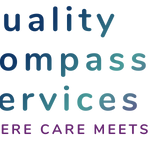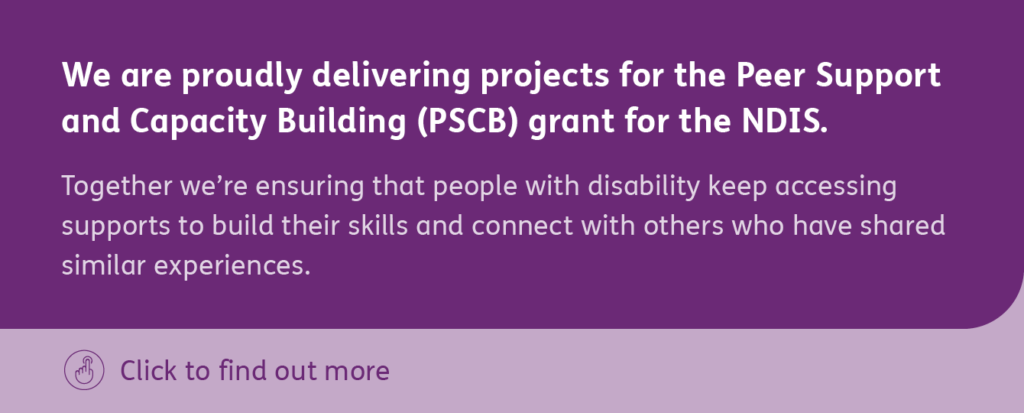How to be a Self-Advocate

Table of Contents
What is Self-Advocacy?
Self-advocacy is the ability to speak up for yourself, make your own decisions, and communicate your needs and rights—especially in situations that affect your life. It’s about knowing yourself, understanding what you need, and having the confidence and skills to stand up for those needs in a respectful and effective way.
1. Know Your Rights
You are protected by laws. Knowing your rights helps you stand up for them with confidence.
One of the essential protections for people with disabilities in Australia is the Disability Discrimination Act 1992 (the DDA). This law makes it illegal to treat someone unfairly because of their disability.
The law applies to many areas of life, including:
Employment – getting a job, fair treatment at work, training opportunities, promotions, or dealing with unfair dismissal.
Education – whether you’re enrolling or already studying at a school, TAFE, college, or university.
Accommodation – applying for or living in a rental property, or buying a home.
Access to services – this includes government services, banks, insurance, public transport, telecommunications, healthcare, and even restaurants and shops.
Public spaces – like libraries, parks, hotels, and shopping centres.
Knowing this gives you the foundation to advocate for yourself confidently. If you feel you’ve been treated unfairly, you have the right to speak up, seek support, and take action.
Remember that advocating for yourself isn’t always easy—but you’re not alone, and you do have rights.
Click here to go to the Australian Human Rights Commision’s page about your Disability Rights
2. Understand Your Needs
Think about daily challenges – What tasks are harder because of your disability? (e.g. getting around, reading small text, hearing instructions)
Consider what helps you – Are there tools, supports, or strategies that make things easier? (e.g. mobility aids, screen readers, extra time for tasks)
Reflect on your environment – Are there places or situations where you feel limited or excluded? (e.g. public transport, workplaces, classrooms)
Identify your goals – What do you want to achieve, and what support would help you get there? (e.g. learning, working, socialising)
3. Speak Clearly & Confidently
- You don’t need to apologize for your needs—they are valid.
- Be calm, direct, and confident when speaking up.
- Use clear language to explain what support or change you need.
- Stand firm—your voice matters, and you deserve to be heard.
4. Ask Questions
- Don’t be afraid to ask what support is available to you.
- Ask questions and keep asking until you understand what you need.
- You have the right to know your options.
- Asking questions helps you make informed choices.
- No question is too small—your voice matters.
5. Connect with Allies
You don’t have to do it all alone.
Friends, family, and advocacy groups can stand with you.
Having support can boost your confidence and help you be heard.
Sharing your journey can be good for you and also helpful for others.
6. Practice Self-Care
Self-advocacy can be tough—give yourself permission to rest.
Take breaks when you feel overwhelmed.
Celebrate your progress, no matter how small.
Be kind to yourself—you’re doing the best you can.
Surround yourself with people who lift you up.
Final Thoughts
Your Voice is Powerful!
You are your best advocate. Keep speaking up and owning your story because you matter!




[…] […]